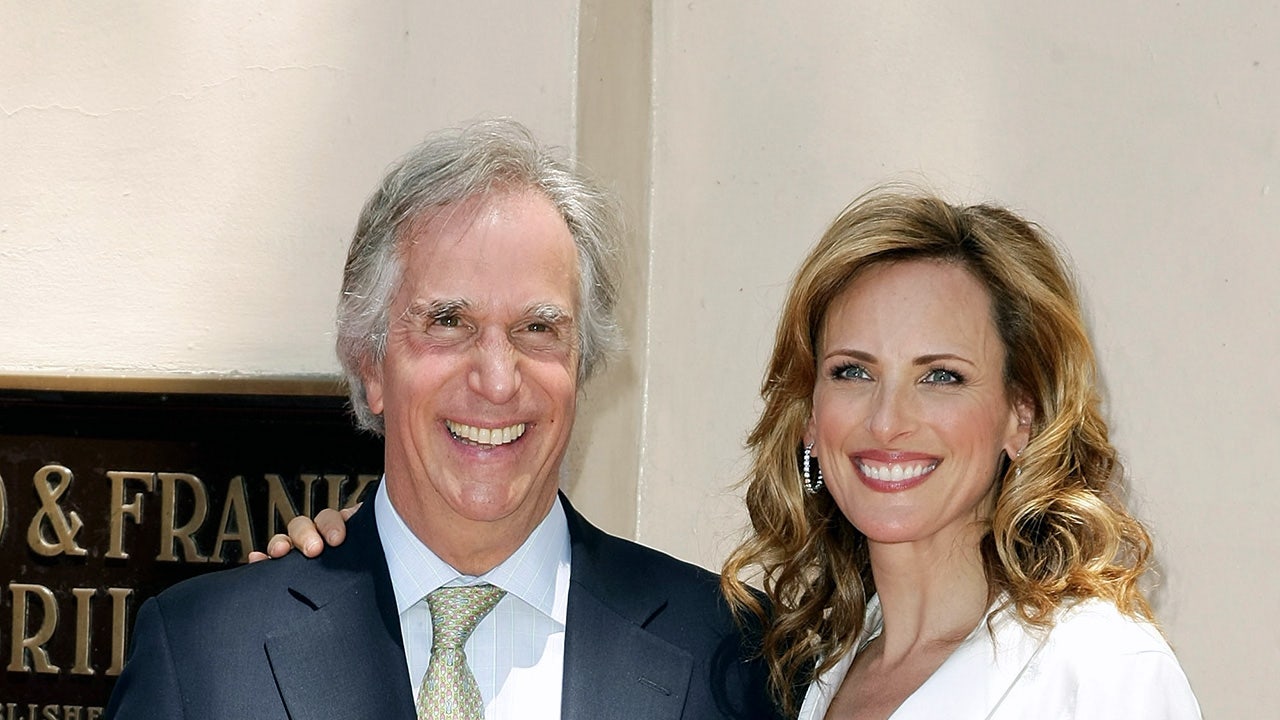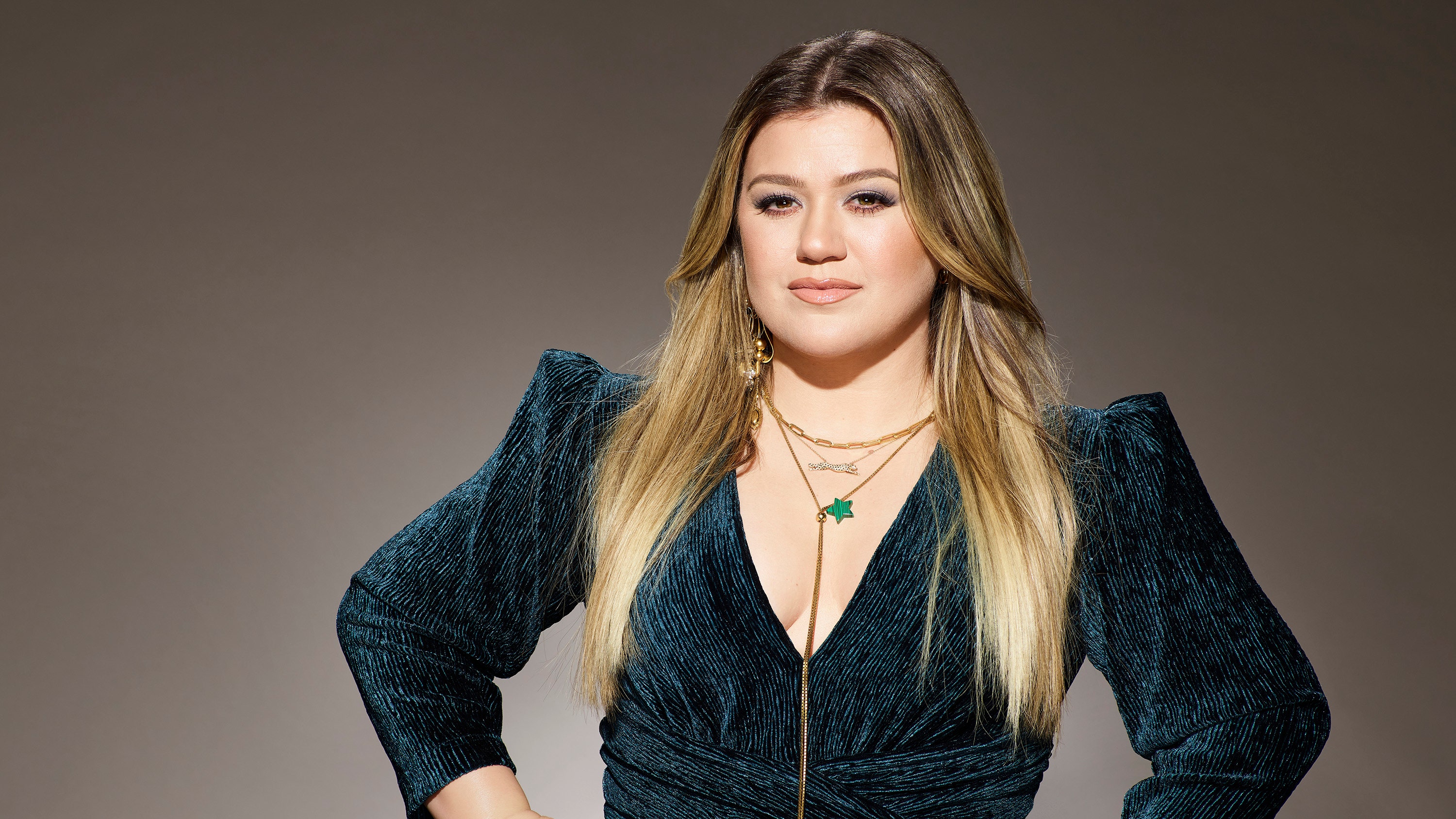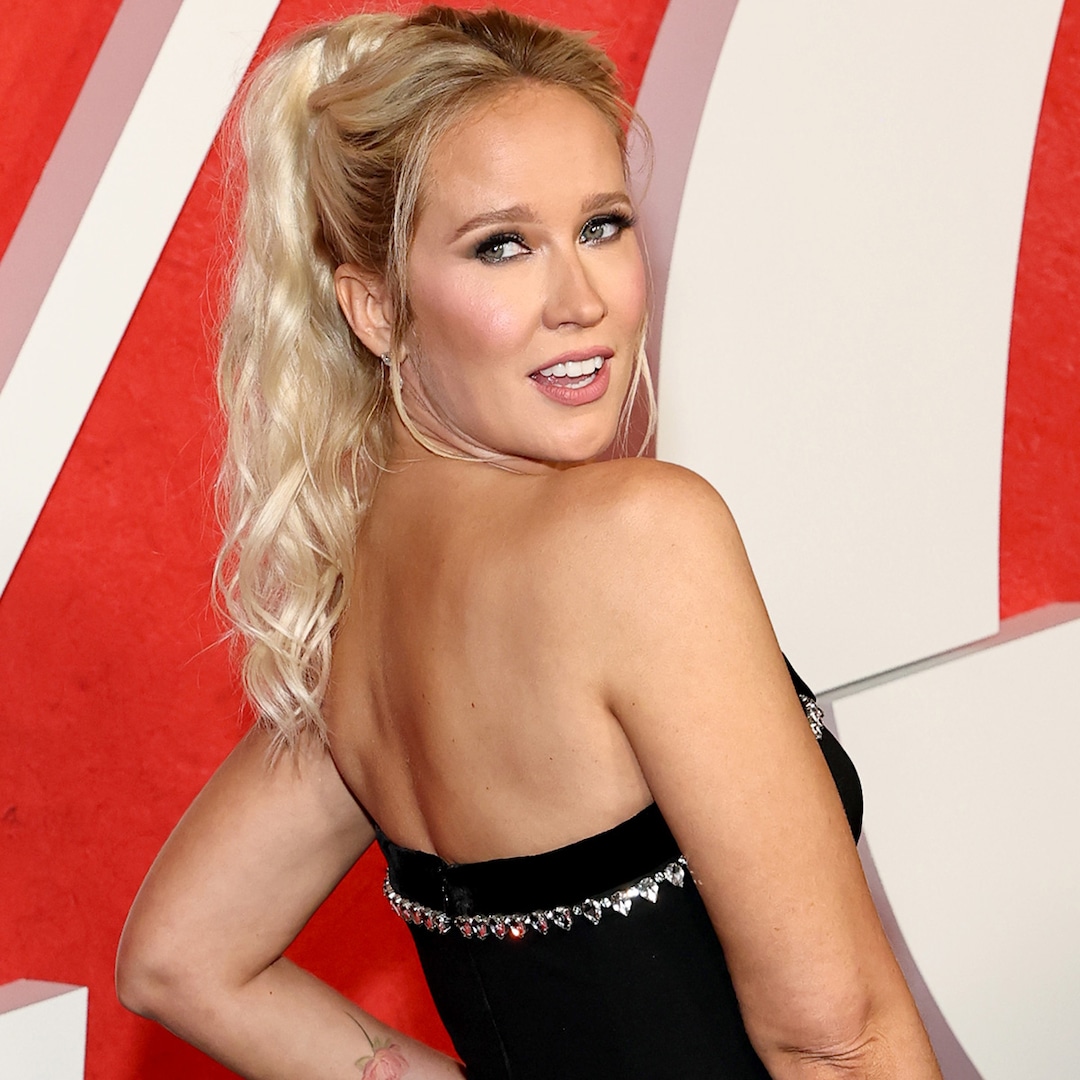What Happened
Marlee Matlin, the first deaf actress to win an Academy Award, has recently been in the spotlight due to her new documentary titled “Marlee Matlin: Not Alone Anymore.” The film, directed by her close friend Shoshana Stern, explores Matlin’s life, career, and personal challenges, including her tumultuous relationship with actor William Hurt. Matlin has publicly discussed the emotional and physical abuse she experienced during her time with Hurt, who passed away in 2022. The documentary highlights her journey to recovery and the support she received from fellow actor Henry Winkler, who took her in during a difficult period in her life.
In the documentary, Matlin reflects on her rise to fame following her Oscar win for “Children of a Lesser God” in 1987 and the subsequent challenges she faced in Hollywood, particularly regarding representation for deaf actors. The film also addresses her struggles with addiction and her advocacy for the deaf community, emphasizing the need for more authentic representation in the entertainment industry.
Key Details
- Oscar Win: Matlin won the Academy Award for Best Actress in 1987 for her role in “Children of a Lesser God,” becoming the first deaf person to achieve this honor.
- Documentary Release: “Marlee Matlin: Not Alone Anymore” premiered at the Tribeca Film Festival in June 2025 and is set for wider release on June 20, 2025.
- Relationship with William Hurt: Matlin described her relationship with Hurt as abusive, stating that it contributed to her struggles with addiction. She sought help at the Betty Ford Center, which led to her sobriety.
- Support from Henry Winkler: After her relationship with Hurt ended, Matlin turned to Winkler for support. He welcomed her into his home, where she lived for two years, helping her to heal and rebuild her life.
- Advocacy for Deaf Representation: Matlin has been a vocal advocate for the deaf community, pushing for more roles and stories that accurately represent deaf individuals in the media.
Multiple Perspectives
Matlin’s experiences and the themes presented in her documentary have elicited various reactions. Supporters of Matlin commend her bravery in sharing her story and addressing the complexities of being a deaf actress in Hollywood. They argue that her advocacy work is crucial for increasing awareness and representation of deaf individuals in the entertainment industry.
Conversely, some critics have pointed out that despite Matlin’s achievements, the film industry still lacks sufficient representation for deaf characters and stories. Matlin herself has expressed frustration over the limited narratives available, stating that “we’ve still never had those other stories reach public awareness.” This highlights a broader conversation about the need for diversity in storytelling and the importance of including voices from marginalized communities.
Additionally, Matlin’s relationship with Hurt has sparked discussions about the dynamics of power and abuse in Hollywood. While Matlin has been open about her experiences, Hurt’s legacy remains complex, as he was also a celebrated actor. This duality raises questions about how society reconciles the personal lives of public figures with their professional accomplishments.
Context & Background
Marlee Matlin’s career has been marked by significant milestones, including her groundbreaking Oscar win, which brought attention to the challenges faced by deaf actors. However, the entertainment industry has historically struggled with representation, often sidelining deaf characters or portraying them through a limited lens. Matlin’s advocacy extends beyond her personal experiences; she has actively participated in campaigns for closed captioning and accessibility in media.
The documentary “Marlee Matlin: Not Alone Anymore” not only chronicles her life but also serves as a platform to discuss broader issues related to disability representation in Hollywood. The film’s focus on Matlin’s friendship with Winkler underscores the importance of mentorship and support in navigating the complexities of the entertainment industry.
What We Don’t Know Yet
While Matlin’s documentary provides insight into her life and career, there are still many unanswered questions regarding the future of deaf representation in Hollywood. The film industry continues to evolve, and it remains to be seen how Matlin’s advocacy will influence upcoming projects and the hiring of deaf actors in significant roles.
Additionally, the impact of Matlin’s revelations about her relationship with Hurt on his legacy and the broader discourse surrounding abuse in Hollywood is still unfolding. As more individuals come forward with their stories, the conversation about accountability and change within the industry will likely continue to develop.
In summary, Marlee Matlin’s journey is emblematic of the challenges and triumphs faced by individuals in marginalized communities, particularly in the realm of entertainment. Her documentary not only sheds light on her personal experiences but also serves as a call to action for greater inclusivity and representation in storytelling.




